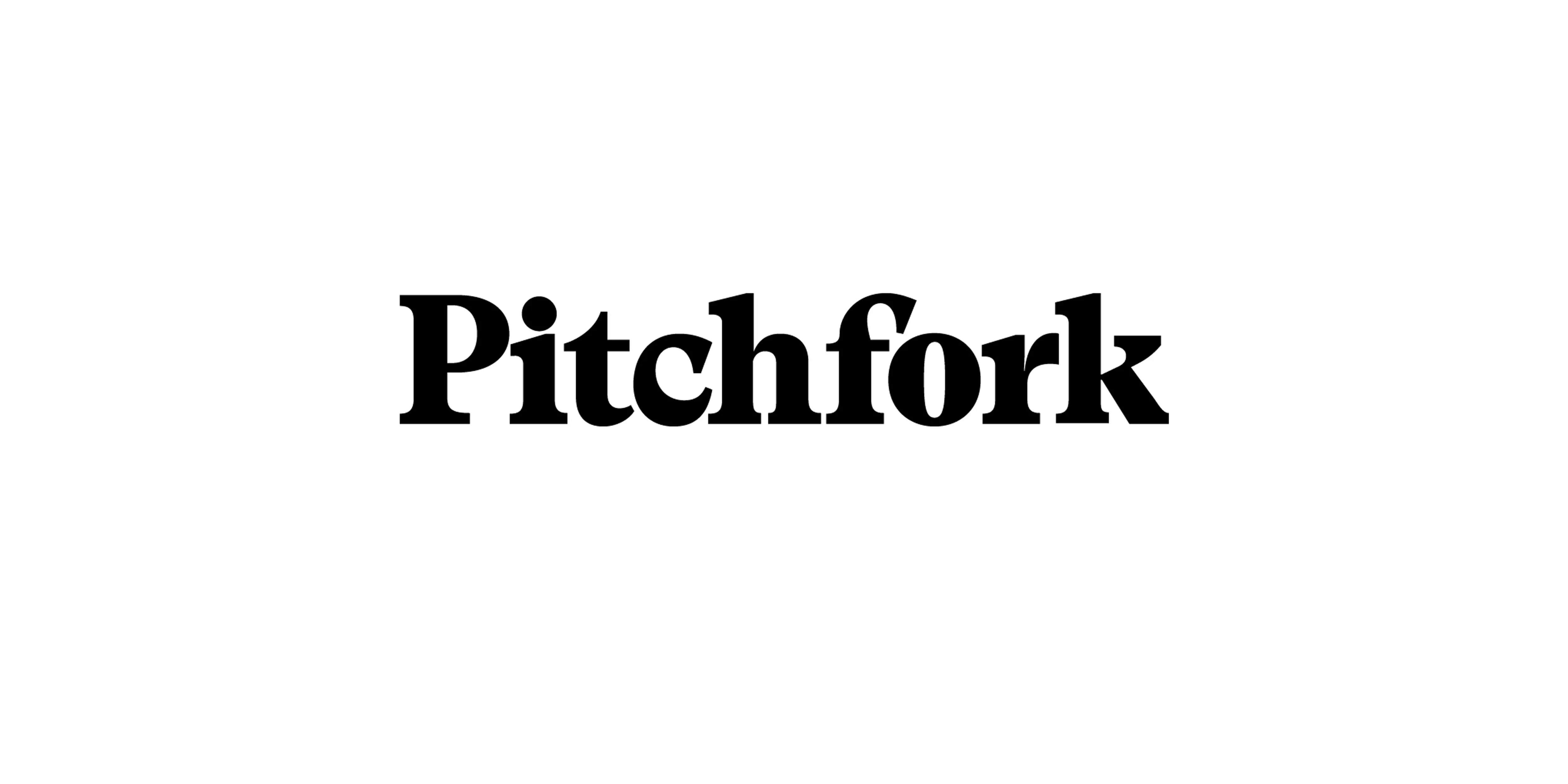Pitchfork, one of the world’s most illustrious and trusted music outlets, is folding. They are just the latest in a long line of casualties, but this seems a particularly damning blow for long-form, written word, independent music journalism.
If even Pitchfork can’t make it work, who’s to blame? Eh, I reckon just about everyone.

“A plague o’ both your houses!”
These are among the final words of Mercutio in Shakespeare’s Romeo and Juliet, as he lies dying in a square of fair Verona. It’s easy to forget the slain Mercutio. His death is, at best, the third most notable in the tale of the history’s two most famous star-crossed lovers, yet his parting refrain – A plague o’ both your houses! – is among the story’s most poignant.
Competing factions blinded by tribalism, dogma, self-interest, short-term gain, burning down institutions… It is as achingly applicable now as it was then.
One could cast these words in any number of directions, yet for the sake of this they will accuse the endless horde who have contributed to the death, nae murder, of music journalism; at those, of which there are countless, who have helped gut the organs of this peculiar, imperfect but vitally important creature.
We’ll start with a plague on the journalists and editors, like myself, who have inflated – subconsciously or otherwise – coverage in return for more clicks and better access, and a plague on the music labels and public relations agencies who only grant access in return for positive reviews.
A plague on successful musicians like Ed Sheeran, who have labelled music journalism obsolete, too blind and out of touch to realise that critical praise has long helped artists at the other end of the uneven playing field gain the notoriety they deserve, and a plague on the critics who look snobbishly down on popular culture, unable to reconcile the appeal of music, like Sheeran’s, with their own supposedly sophisticated palate.
It is a plague on the people who dismiss the thoughtful discussion of art as aloof and pretentious and a plague on places, oftentimes Pitchfork, who make the discussion of art precisely that.
A plague on major music labels, who have simultaneously benefitted, lamented and contributed to this slow slaughter, throwing their many millions into marketing campaigns on social media and then expecting conventional press coverage, and a plague on the outlets whose websites have become unusable amidst a sea of unrelated adverts and pop-ups, driving traffic towards the comparatively un-intrusive world of social media.
READ MORE: Are celebs cashing in on ‘mental health’ documentaries? Our writers weigh in…
A plague on the suits who have pillaged the writing core of magazines, disembowelling them of any heart they ever had, and a plague on the delusional, romanticised writers, one here before you, who have too often pretended that ‘the craft’ is so holy, so precious, that the numbers don’t need to add up.
A plague on the reader who clicks only to see a rating and indeed then base their opinion of the music on this rating and this rating alone, and a plague on the ‘journalist’ whose content exists purely to attract momentary concentration, a click.
A plague on the people who have been either so ignorant or disingenuous to pretend that artificial intelligence in its embryonic form could convey even a shred of the soul that a human can when discussing art, and a plague on the Luddites who cry Nazi levels of moral reprehensibility when faced with a mere suggestion of one day harnessing the technology.

The plagues could keep coming. I could go on. There will be, I’m sure, innocent bystanders caught up in the crossfire. I’m pulling a trigger while spinning around in a circle. Yet anyone who thinks the end of institutions like Pitchfork is anything other than catastrophic needs to wake up.
For this is not the kind of thing that simply resurrects. Nothing comes in its place. It’s not that places like Pitchfork are perfect or even close to it. It’s that they have a robust editorial department and are able to operate with at least a degree of autonomy and objectivity. You might disagree with their opinion and find the arrogance intolerable, but the alternative, of a world without these places, is far worse.
READ MORE: The Absolute State of Daylight Saving Time
A finite number of outlets will regurgitate press releases about a finite number of artists. Outside of newspapers, reviews will be confined to social media influencers or spam-ridden websites, all partly written by AI and sensationalised in the hopes of being shared by the artists themselves and turning a profit. This finite number of artists will become even more prominent and insurmountable. Unpaid user reviews and streaming-platform-generated playlists will never be able to shine a light on talented, deserving musicians at the same rate.
Sheeran is right when he says the music is all out there, freely available, on the internet. He’s wrong in believing that people will still consume the same breadth of it. The saying goes that the cream always rises to the top; in the case of the internet, the same thing you saw last time is increasingly rising to the top.
Since it became clear that print journalism was dying, a myth was peddled that the same content would simply move online. It’s not working out like that, not even close. Shorter, stupider, more of the same.
Keep up to date with the best in UK music by following us on Instagram: @whynowworld and on Twitter/X: @whynowworld





